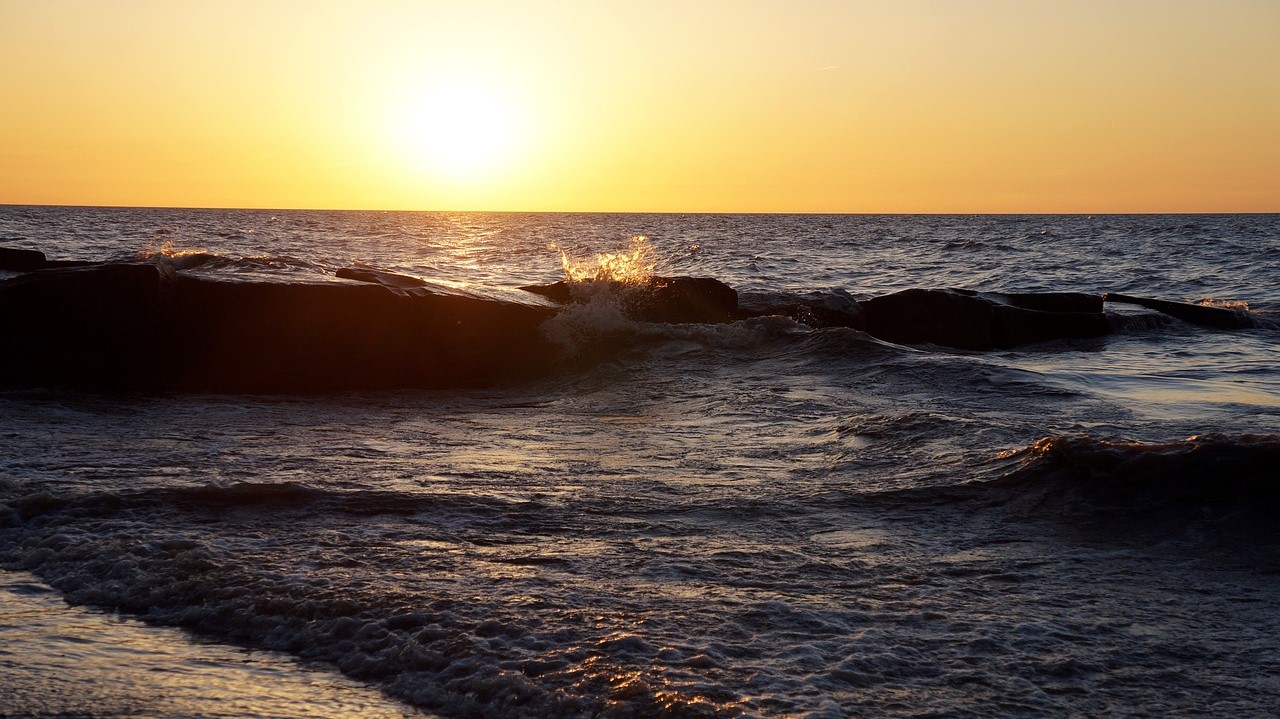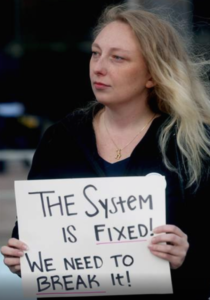
The U.S. District Court Northern District of Ohio on Feb. 27 struck down the Lake Erie Bill of Rights on the grounds that it was unconstitutionally vague.
In his decision, Judge Jack Zouhary cited the fallibility of laws which “may trap the innocent by not providing fair warning” and “invite arbitrary enforcement by prosecutors, judges and juries.”

Jack Zouhary, U.S. District Court for the Northern District of Ohio, Western Division, Photo by uscourts.gov
Zouhary listed several previously enacted ordinances in the region which were ruled unconstitutional on the same grounds. A Cincinnati ordinance prohibiting gatherings on sidewalks likely to annoy passersby was struck down, as was a Harrison Township, Michigan, ordinance restricting use of marina bubblers because the term “reasonable radius” could not be legally defined. A Columbus gun safety ordinance which banned 46-plus specific gun models by a single manufacturer was ruled unconstitutional because it did not define the meaning of “slight modifications.” He went on to say the rights described in LEBOR were even less specific than those in the three cases cited, where locally enacted ordinances were found unconstitutional.
The years-long effort turned citizens’ concern over clean drinking water and algal blooms after the 2014 Toledo Water Crisis into a successful ballot initiative – at least initially. LEBOR was approved by 61 percent of the special election voter in February 2019. It was challenged in court the day after the election by a farm operation in Custer, Ohio, within the Maumee River watershed.
The city of Toledo, which originally appeared not so keen on the ballot initiative championed by its citizens, eventually defended it in court. Members of local Lake Erie activist groups praised the city’s vigorous defense of LEBOR.
After the farm operation sued to block LEBOR, the Ohio attorney general’s office entered the fray against it, indicating only the state had the right and the duty to police and protect the lake with regard to pollution issues.

Tish O’Dell, Ohio Community Organizer, Community Environmental Legal Defense Fund, Photo via James Proffitt
LEBOR was never enforced and spent its brief life tied up in lawsuits. In fact, it still is. Three Toledo residents filed an appeal to a separate lawsuit they had filed against the state seeking remedies for Lake Erie’s nutrients and algae issues.
Despite the demise of LEBOR, Community Environmental Legal Defense Fund organizer Tish O’Dell scoffed when asked if she and other grass-roots organizers had wasted money and time working on LEBOR.
“Absolutely not,” she said. “This was the shot heard round the world when it passed a year ago. This ruling just shows more people how the system is set up to protect corporate interests and their activities and how the government actually protects harm to nature. It shows what the government is doing, especially when the attorney general’s office is saying ‘Let’s protect the lake legally.’ I mean, are you kidding me? How about we do something right and moral and just for once. Legally, you’re allowing permits to be issued that allow corporations to poison the lake.”

Markie Miller, at a rally organized by Toledoans for Safe Water, Photo by Crys Janko via James Proffitt
Several Toledoans for Safe Water members were invited to speak at the United Nations General Assembly last year, and the same volunteers have been fielding calls from media and other communities looking to replicate LEBOR in their own regions.
O’Dell said that’s what LEBOR is about.
“There’s a group of communities in Florida that are looking to do just what we did, a Rights of Nature law to protect their environment from the same type of corporate interests we have in Ohio,” she said, citing recent and future meetings with communities in Wisconsin, Virginia, New York and western states. “These are example of what LEBOR has accomplished and what we want to continue to do. This isn’t a meme or just a moment, this is a movement.”
Markie Miller, one of the LEBOR organizers who spearheaded the movement, said she wasn’t surprised at the ruling.
“It’s just another obstacle we have to deal with,” she said. “I guess what I would say is we can’t rely on the current system to uphold the law when our whole mission is to change the current system. It’s to be expected but it’s certainly not the end of this movement.”
Catch up on Great Lakes Now’s coverage of LEBOR here:
Federal Hands: The future of the Lake Erie Bill of Rights rests in federal court
Finding the Funds: How the Lake Erie Bill of Rights campaigns were financed
Featured Image: Sunset over Lake Erie, Photo by NibbleNutz via pixabay.com cc 2.0




